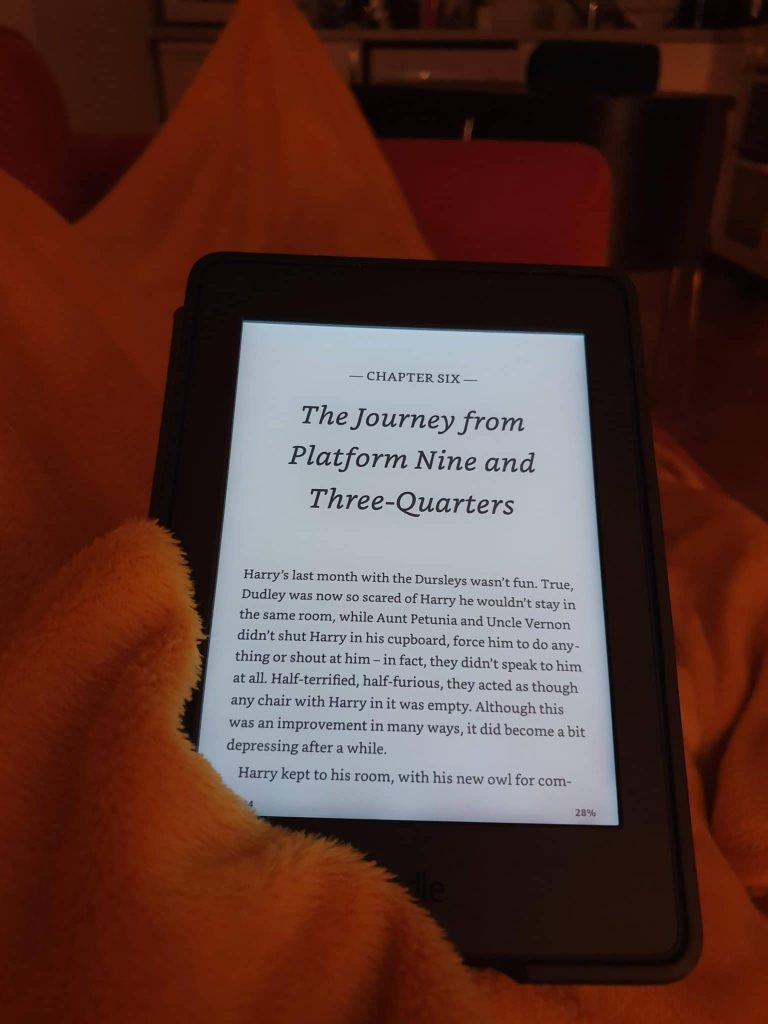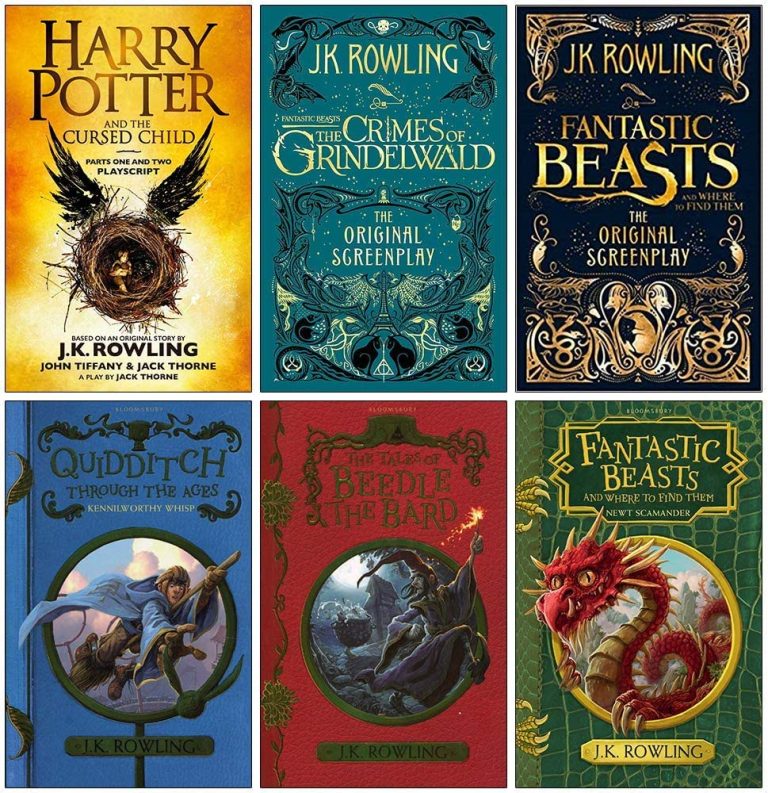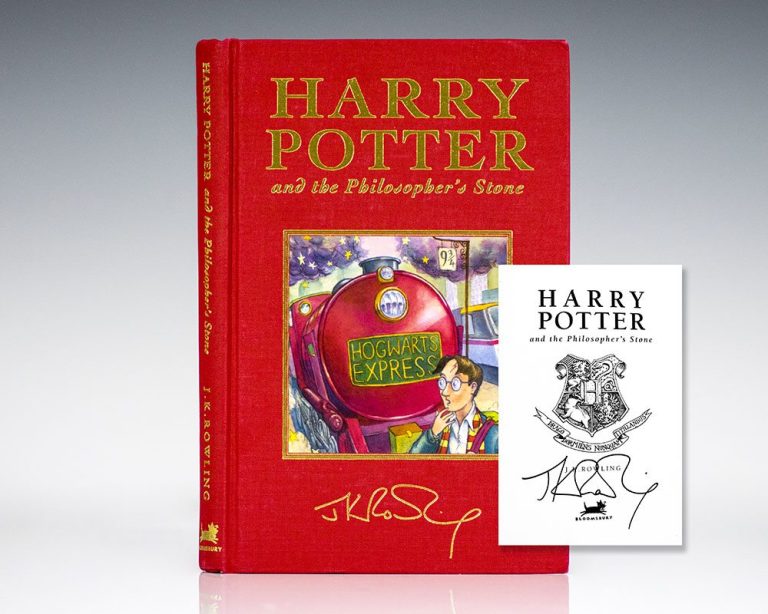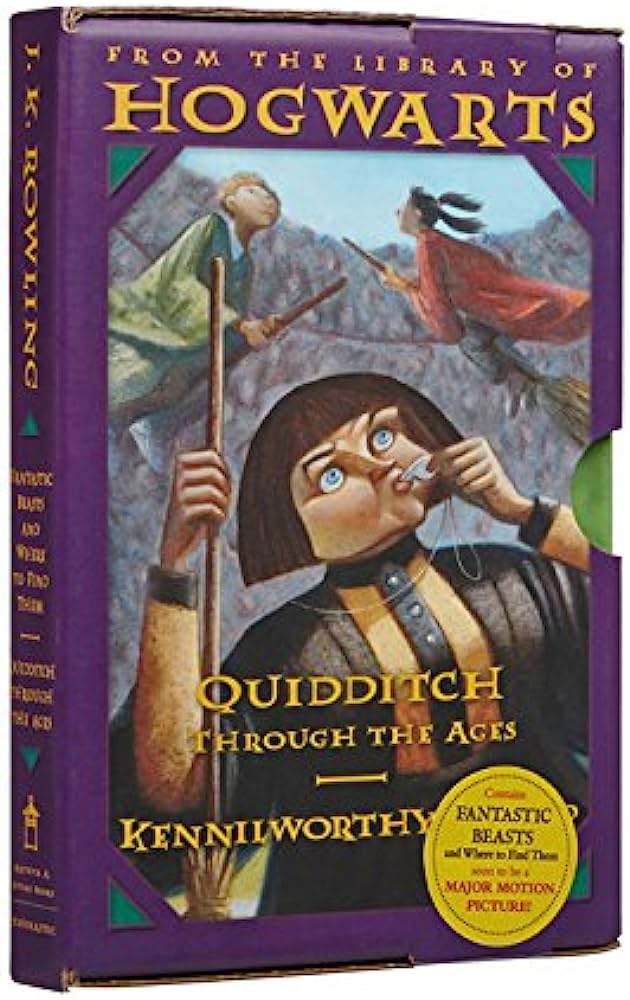The Harry Potter Books: The Intriguing World Of Wizarding Government And Politics
Step into the enchanting world of Harry Potter, where magic and mystery intertwine with the workings of government and politics. The Harry Potter books have captivated readers of all ages with their vivid portrayal of a wizarding world that exists alongside our own. But beyond the spells and fantastical creatures lies a deeper exploration of the intricate governance and power dynamics within the magical community. In this article, we will delve into the intriguing world of wizarding government and politics, shedding light on the key players, institutions, and conflicts that shape the story.
As you journey through the pages of the Harry Potter series, you’ll encounter a rich tapestry of political themes and machinations. From the authoritarian rule of the Ministry of Magic to the clandestine activities of the Order of the Phoenix, the wizarding government and politics provide a compelling backdrop for Harry and his friends’ adventures. Join us as we unravel the intricacies of the Ministry, explore the secretive world of the Death Eaters, and delve into the riveting conflicts that drive the narrative. Whether you’re a die-hard fan or a curious reader, this exploration of the wizarding world’s government and politics is sure to leave you spellbound. So grab your wand and prepare to immerse yourself in this captivating realm of magic and governance.
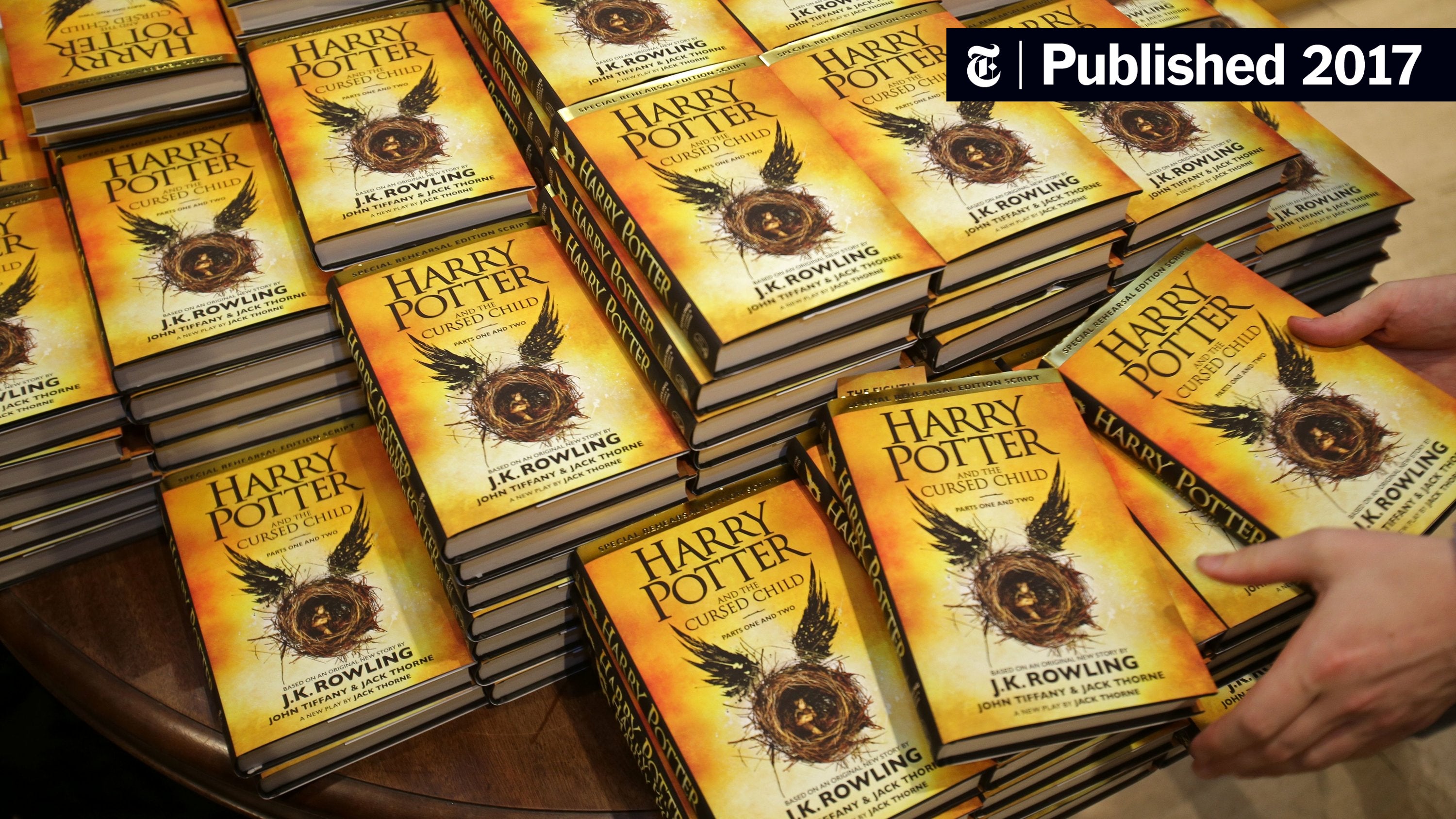
The Harry Potter Books: The Intriguing World of Wizarding Government and Politics
The Harry Potter books, written by J.K. Rowling, have captivated readers of all ages with their magical world and compelling characters. While the series is primarily known for its themes of friendship, bravery, and good versus evil, it also delves into the intricate world of wizarding government and politics. In this article, we will explore the fascinating aspects of the Harry Potter books that shed light on the governance and political systems within the wizarding world.
The Ministry of Magic: The Wizarding Government
The Ministry of Magic serves as the main governing body in the wizarding world. Located in London, England, it is responsible for upholding laws, maintaining order, and overseeing the well-being of the magical community. The Ministry is divided into various departments, each with its own responsibilities and functions.
One of the most notable departments within the Ministry is the Department of Magical Law Enforcement. This department is responsible for enforcing laws and ensuring the safety of the wizarding community. They deal with issues such as dark magic, illegal potions, and the apprehension of criminals. The Department of Magical Accidents and Catastrophes is another important division, handling incidents such as magical mishaps and natural disasters.
The Wizengamot: The Judicial Body
Within the Ministry of Magic, the Wizengamot serves as the highest court of law. Composed of highly respected witches and wizards, the Wizengamot is responsible for making important judicial decisions and interpreting wizarding law. It plays a crucial role in maintaining order and justice within the magical world.
The Wizengamot is presided over by the Chief Warlock, who ensures fair proceedings and oversees the deliberations. The decisions made by the Wizengamot have far-reaching consequences and impact the lives of individuals and the wizarding community as a whole. The trials held by the Wizengamot are high-stakes affairs, often involving prominent characters from the Harry Potter series.
The Triwizard Tournament: International Diplomacy
In addition to the domestic governance of the wizarding world, the Harry Potter books also touch upon international relations through the Triwizard Tournament. This tournament brings together students from Hogwarts School of Witchcraft and Wizardry and two other prominent magical schools, Beauxbatons Academy and Durmstrang Institute.
The Triwizard Tournament serves as a platform for diplomatic interactions between the wizarding communities of different countries. It fosters cultural exchange, promotes understanding, and strengthens ties between nations. The tournament showcases the complexity of international relations in the wizarding world and highlights the importance of diplomacy and cooperation.
The Dark Arts and Political Manipulation
The Harry Potter books also explore the dark side of wizarding politics, particularly the manipulation of power and the use of dark arts for political gain. Characters such as Lord Voldemort and his Death Eaters exploit fear, prejudice, and division to further their own agenda and control the wizarding world.
The rise of Voldemort and the subsequent conflicts in the series shed light on the dangers of unchecked power and the consequences of political corruption. The books emphasize the importance of unity, resistance against oppression, and the fight for justice in the face of authoritarian rule.
The Order of the Phoenix: Resistance and Rebellion
As the political climate in the wizarding world becomes increasingly oppressive, a group known as the Order of the Phoenix emerges to resist Voldemort’s reign and protect the rights of all magical beings. The Order consists of witches and wizards who are dedicated to fighting against injustice and defending the principles of freedom and equality.
The Order of the Phoenix represents the power of collective action and the importance of standing up against tyranny. Their efforts demonstrate the resilience and determination of individuals who refuse to succumb to political manipulation and fight for a better future.
The Importance of Representation: House-Elf Liberation
Another aspect of wizarding politics explored in the Harry Potter books is the issue of house-elf liberation. House-elves, such as Dobby and Kreacher, are magical creatures bound to serve wizarding families. However, the books challenge this system and advocate for the rights and freedom of house-elves.
Hermione Granger becomes a prominent advocate for house-elf liberation, highlighting the importance of representation and equality. Her efforts to improve the treatment of house-elves symbolize the broader struggle for social justice and the dismantling of oppressive systems within the wizarding world.
In conclusion, the Harry Potter books offer a fascinating glimpse into the world of wizarding government and politics. Through the Ministry of Magic, the Wizengamot, the Triwizard Tournament, and the exploration of dark arts and political manipulation, the series explores themes of governance, justice, diplomacy, and resistance. The books remind us of the power of unity, the fight against oppression, and the importance of standing up for what is right. The intriguing world of wizarding government and politics in the Harry Potter books continues to captivate readers and inspire discussions about power, authority, and the pursuit of a just society.
The Harry Potter Books: The Intriguing World of Wizarding Government and Politics
- 1. The Harry Potter books introduce readers to a fascinating world where wizards and witches have their own government and political system.
- 2. The Ministry of Magic is the governing body in the wizarding world, responsible for maintaining law and order.
- 3. The Minister for Magic is the highest-ranking official in the Ministry, making important decisions and representing the wizarding community.
- 4. The Department of Magical Law Enforcement deals with crimes and maintains the wizarding justice system.
- 5. The books explore themes of corruption, power struggles, and the consequences of political decisions, adding depth to the wizarding world.
Frequently Asked Questions
1. How is the wizarding government structured in the Harry Potter books?
In the Harry Potter books, the wizarding government is known as the Ministry of Magic. It is headed by the Minister for Magic and is divided into several departments, each responsible for different aspects of wizarding life. These departments include the Department of Magical Law Enforcement, the Department of Magical Accidents and Catastrophes, the Department of Magical Transportation, and many more. The Ministry of Magic operates from its headquarters in London and has its own set of laws and regulations that govern the wizarding community.
Within the Ministry, there is also a governing body known as the Wizengamot, which is responsible for making important decisions and passing laws. It consists of a panel of witches and wizards who hold considerable power and influence. The Minister for Magic is selected by the Wizengamot and is accountable to them.
2. What role does the Minister for Magic play in the wizarding government?
The Minister for Magic is the highest-ranking official in the wizarding government and serves as the leader of the Ministry of Magic. They are responsible for making important decisions, representing the wizarding community, and overseeing the various departments within the Ministry. The Minister for Magic also acts as a spokesperson for the wizarding world, both within the magical community and in their interactions with the Muggle (non-magical) world.
The Minister for Magic plays a crucial role in maintaining law and order within the wizarding community and is often faced with challenges such as dealing with dark wizards, managing crises, and making decisions that impact the entire magical society. They are accountable to the Wizengamot and must seek their approval for major decisions.
3. How are laws and regulations enforced in the wizarding government?
The Department of Magical Law Enforcement is responsible for enforcing laws and regulations within the wizarding government. They have a team of wizards and witches known as Aurors who are specially trained to combat dark wizards and maintain order. Aurors investigate crimes, apprehend criminals, and ensure that justice is served.
In addition to the Aurors, the Department of Magical Law Enforcement also employs other divisions such as the Improper Use of Magic Office, which deals with cases of magic being used inappropriately, and the Wizengamot Administration Services, which supports the functioning of the Wizengamot. The enforcement of laws and regulations is essential for maintaining the safety and well-being of the wizarding community.
4. Are there any political factions or parties within the wizarding government?
In the Harry Potter books, there is a political faction known as the Order of the Phoenix. The Order of the Phoenix is a secret society formed to fight against Lord Voldemort and his followers, the Death Eaters. While not officially a political party, the members of the Order of the Phoenix play a significant role in opposing Voldemort’s influence and working towards a safer and more just wizarding society.
Apart from the Order of the Phoenix, there are also individual witches and wizards who hold different political beliefs and affiliations. However, the books do not delve into the existence of formal political parties within the wizarding government, and the focus is more on the actions and alliances of individual characters.
5. How does the wizarding government interact with the Muggle (non-magical) world?
In the Harry Potter books, the wizarding government has a department called the Department of International Magical Cooperation, which is responsible for managing relations with foreign wizarding governments and facilitating interactions between the magical and Muggle worlds. This department ensures that the International Statute of Wizarding Secrecy, which prohibits wizards from revealing the existence of magic to Muggles, is upheld.
The wizarding government also has measures in place to protect the wizarding community from interference by the Muggle world. The Misuse of Muggle Artefacts Office, for example, deals with cases where Muggle objects come into the possession of wizards and need to be handled discreetly. Overall, the wizarding government maintains a delicate balance between protecting the secrecy of the wizarding world and ensuring peaceful coexistence with the Muggle world.
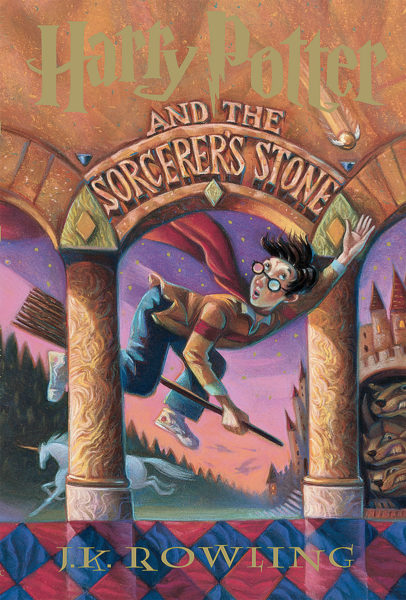
The History of Every MAGIC School in the Wizarding World (All 11) – Harry Potter Explained
Final Summary: The Wizarding World’s Political Intrigue
As we delve into the fascinating world of wizarding government and politics in the Harry Potter books, we uncover a rich tapestry of power struggles, corruption, and hidden agendas. From the Ministry of Magic to the intricate dynamics of the Hogwarts School of Witchcraft and Wizardry, J.K. Rowling masterfully weaves a captivating narrative that mirrors our own political landscape. With themes of discrimination, bureaucracy, and the fight for justice, these books offer more than just a magical escape; they provide valuable insights into the complexities of governance and the human condition.
In the wizarding world, power is not just about casting spells or possessing magical abilities; it is about influence, control, and the manipulation of public opinion. Through characters like Cornelius Fudge and Dolores Umbridge, we witness the dangers of leaders who prioritize their own agendas over the well-being of their constituents. Rowling’s portrayal of the Ministry of Magic highlights the importance of transparency, accountability, and the need to challenge authority when it becomes oppressive or corrupt.
Beyond the politics, the Harry Potter books serve as a reminder that change can come from unexpected places. As we follow Harry, Hermione, and Ron on their journey, we see ordinary individuals rising up against injustice and fighting for a better world. It is a testament to the power of unity, compassion, and the belief that even the smallest actions can make a difference.
In conclusion, the world of wizarding government and politics in the Harry Potter books offers a thought-provoking exploration of power dynamics, social justice, and the resilience of the human spirit. By incorporating these themes into her storytelling, J.K. Rowling has created a series that not only captivates readers but also prompts them to reflect on their own societies. So, grab your wand and dive into this enchanting world, where magic and politics intertwine in the most intriguing ways.


